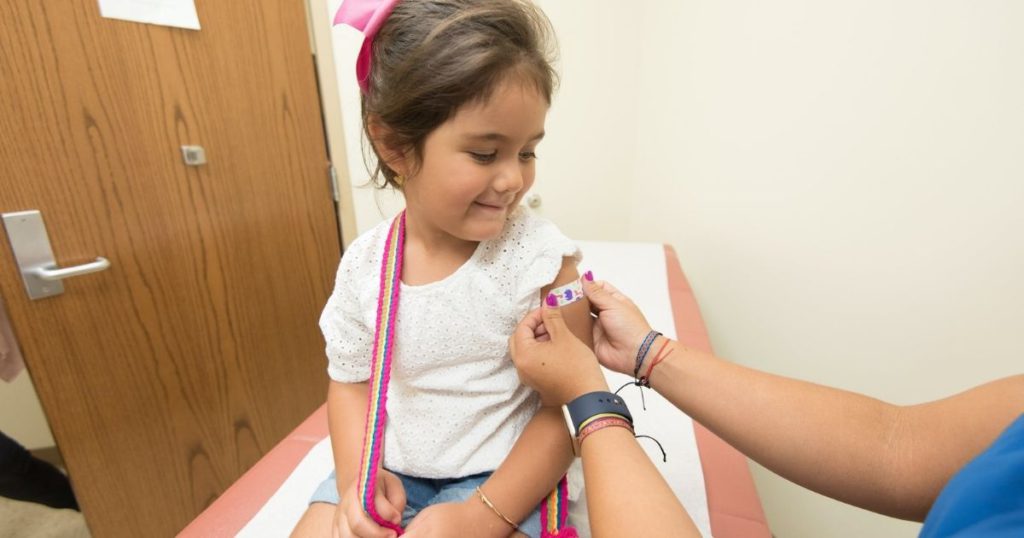Members of the Pan American Health Organization (PAHO) have been called on to take steps to contain the spread of vaccine-preventable diseases, such as measles and rubella, while simultaneously undertaking coronavirus (COVID-19) vaccinations.
Director, Dr Carissa Etienne, said this is imperative as uncontrolled outbreaks of measles and other preventable diseases “could further stretch our health systems to their breaking point”.
She was speaking during Monday’s (April 26) virtual launch of activities for the 19th commemoration of PAHO’s Vaccination Week in the Americas, being held from April 26 to 30 under the theme ‘Vaccines Bring Us Closer for a Healthier and Safer Future’.
Dr Etienne said COVID-19 has caused significant disruptions to immunisation programmes in the countries across the Americas, noting that “our health systems are stretched and, in many places, it has been difficult to access essential services like vaccinations”.
She pointed out that while many countries have acted quickly and provided services outside of the traditional healthcare, consequent on the numerous individuals contracting COVID-19 and getting sick,
“Hundreds of thousands of children have missed out on their routine immunisations against diseases like measles, tetanus and whooping cough”.
“Thankfully, decades of immunisation successes have prepared the region for this very moment. The Americas has a longstanding and exemplary tradition as vaccine champions, having succeeded in eliminating polio, measles and rubella,” the Director added.
Dr Etienne informed that PAHO, through its Revolving Fund for Vaccines facility, delivered more than 27 million doses of influenza vaccines across the region in 2020, in addition to millions to protect youngsters against childhood diseases through routine immunisations.
She also pointed out that this year, “We have [to date] delivered more than 4.2 million doses of COVID vaccines to more than 29 countries in our region,” adding that “we are just getting started.”
D. Etienne emphasised that citizens of member countries “have a collective responsibility” to get vaccinated against COVID-19 and help in protecting others with safe and effective vaccines.
“So do your part by getting a COVID-19 vaccine when it is your turn, and make sure your children receive their childhood vaccinations as well,” she urged.
The region of the Americas continues to be one of the most affected by COVID-19 globally, accounting for 43 per cent of cases, with 60 million, and 48 per cent of deaths, with 1.4 million.
Dr Etienne pointed out that at least 700 million residents across the region will need to be protected, adding that “until they are, we will all remain at risk”.
She again voiced concern that limited vaccine supply “is what [currently] stands between us and the goal of fully protecting our region”.
“PAHO will stand with each country in our region to address this gap and to help governments immunise their entire populations. Rest assured that we are doing all that we can to gather more doses for our region, both through the [World Health Organization’s] COVAX Facility, and beyond,” Dr Etienne added.
PAHO’s Assistant Director, Dr Jarbas Barbosa da Silva, said 43 regional countries and territories will observe Vaccination Week in the Americas this year.
He indicated that through the programmed activities, “we hope to reach more than 100 million people”.
Among the engagements are the strengthening of national immunisation programmes to improve vaccination coverage; surveillance activities to maintain polio elimination in the region, and bolstered introduction of COVID-19 vaccines
PAHO’s Vaccination Week in the Americas coincides with the WHO’s 10th commemoration of World Immunisation Week.




